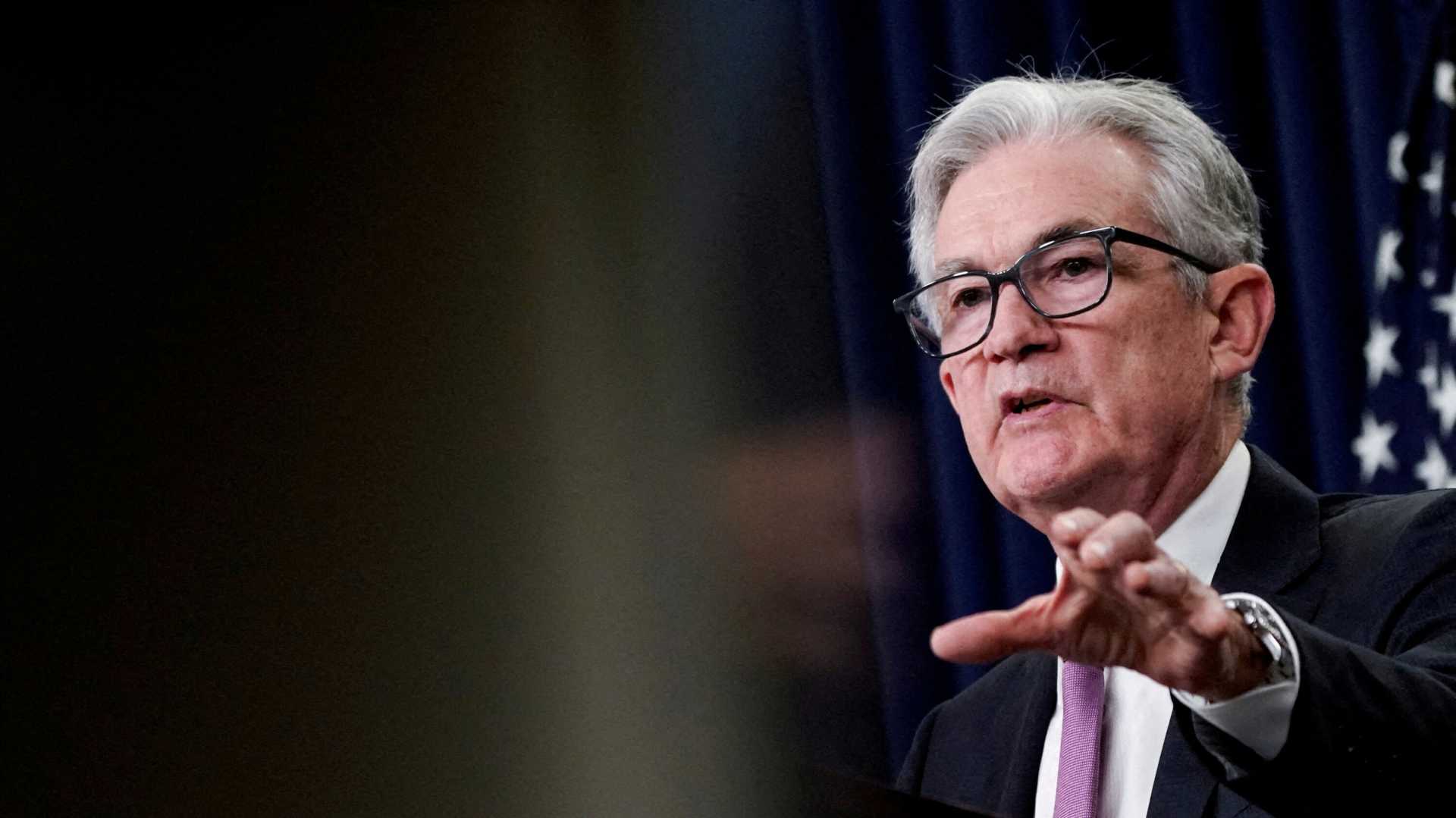Business
Powell Faces Inflation Risks Ahead of Federal Reserve Meeting

NEW YORK, March 7 (Reuters) – Federal Reserve Chair Jerome Powell is set to address a gathering of economists in New York on Friday, where he will navigate a complex landscape of emerging inflationary risks just before a communications blackout prior to the Fed’s policy meeting on March 18-19.
This conference, organized by the University of Chicago‘s Booth School of Business, will serve as an important platform for Powell to evaluate the economic impact of the administration’s recent trade policies, which have raised concerns about rising prices due to tariffs imposed on major U.S. trading partners.
Powell’s comments come amid a rising fear among economists and policymakers about potential stagflation—a combination of stagnant economic growth and inflation—as the nation adjusts to new trade dynamics, downsizing federal spending, and stricter immigration rules. The ripple effects of these changes are likely to complicate the Fed’s dual mandate of maintaining stable prices and fostering maximum employment.
Adam Posen, president of the Peterson Institute for International Economics and a former Bank of England policymaker, emphasized the Fed’s neutrality regarding trade policy but noted it could not ignore the inflationary potential of tariffs. “The government can do whatever it wants,” Posen said, “but the Fed should be explicitly stating that it is more likely than not the tariffs will be inflationary.”
As Powell prepares to deliver his remarks at 12:30 p.m. EST (1730 GMT), analysts will be closely watching his assessment of the economic landscape, particularly in light of the impending U.S. employment report for February, which will be released shortly before his address. This data is expected to provide insights into whether the economy remains in a ‘sweet spot’ characterized by low unemployment and declining inflation or if signs of weakness are beginning to emerge.
Recent reports have indicated an increase in government layoffs and rising unemployment claims among former federal workers, signaling cracks in job stability amid the changing economic tide. The outplacement firm Challenger, Gray & Christmas recently reported a surge in job cuts, the highest in nearly five years. These developments have raised red flags regarding the potential ripple effects on government contractors.
Meanwhile, U.S. stock markets, which saw record-high numbers in February, have responded sharply to the administration’s tariff announcements, and some major retailers are forecasting a weak year ahead. “Consumer spending dropped unexpectedly in January,” warned an analyst, highlighting the uncertain mood among businesses and consumers alike.
With inflation expectations reported on the rise, it remains to be seen how Powell will address concerns over future price increases. Although market-based rates on Treasury Inflation-Protected Securities fell following tariff discussions, many investors anticipate three quarter-percentage-point rate cuts this year, depending on the overall economic trajectory.
Tani Fukui, a senior director at MetLife Investment Management, expressed the need for clarity in Powell’s comments regarding inflation expectations. “I’d like to get a better understanding of where his head is,” Fukui stated, underscoring the confusion that many analysts feel amid evolving economic signals.
As uncertainty looms, Powell’s remarks will likely set the stage for the Fed’s upcoming meeting, where it is expected to hold its benchmark interest rate steady in the 4.25% to 4.50% range. However, any indication of changing inflation expectations could prompt a shift in the Fed’s approach to monetary policy.












